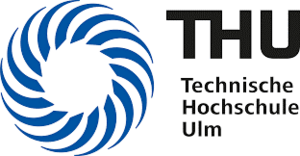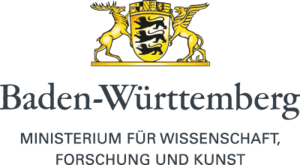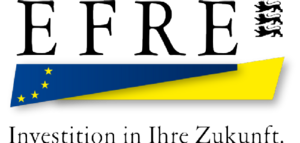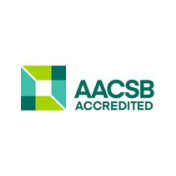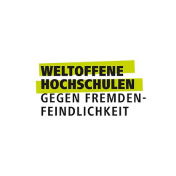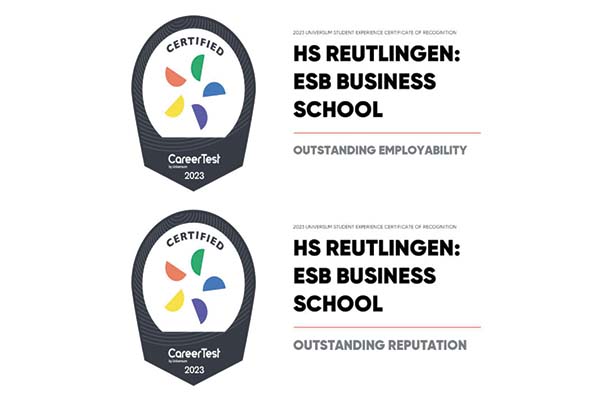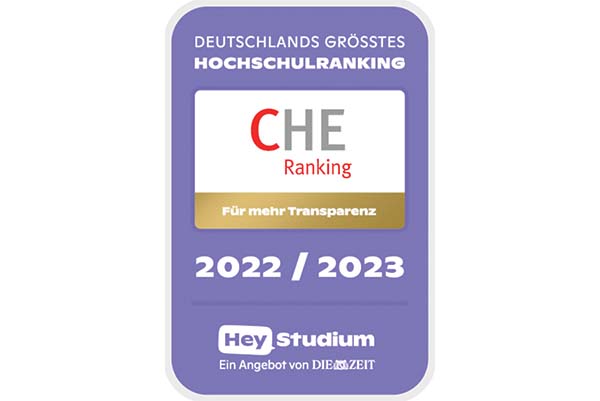ZAFH Intralogistik
The goal of ZAFH Intralogistik is to reduce the integration and development effort for service robotics in internal logistics by means of a modular system kit consisting of services, tools and components.
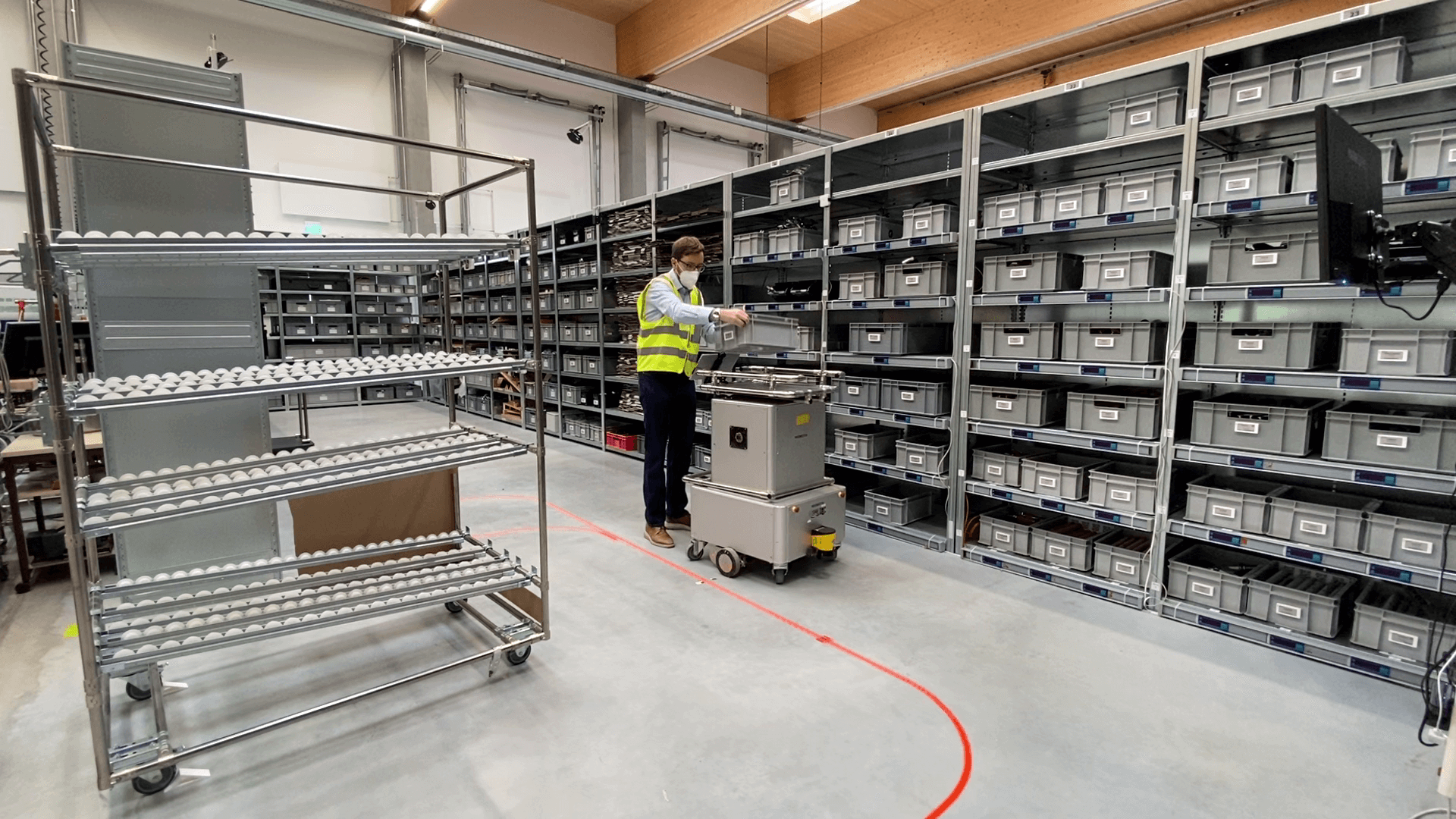
The centers for applied research at universities of applied sciences are interdisciplinary and cross-faculty research associations.
In March 2017, ZAFH Intralogistik was estalished as a joint research project headed by Reutlingen University (ESB Business School) together with Ulm University and Ulm University of Applied Sciences
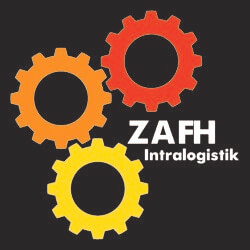
The goal of ZAFH Intralogistik is to lower the innovation hurdles for the application of service robotics in logistics. On the one hand, innovative ideas are to be implemented by means of a modular system kit, i.e. components, service offers, platforms for the exchange of hardware and software modules, documentation and evaluation tools. On the other hand, future logistics solutions should become easier to integrate (by focusing on the needs of the logistics application domain and simultaneously reducing the integration effort). By closely interlocking with potential users from the logistics sector, technology providers and industry/SME networks from Baden-Württemberg and by systematically integrating this input into the project, a focus on the economic and technical requirements of the sector is guaranteed. The aim is for Baden-Württemberg to become the leading provider of logistics systems and processes. The results will be illustrated in demonstrator scenarios in the course of annual milestones.
The project has a total volume of 2.44 million euros and is funded in part by the Baden-Württemberg Ministry of Science, Research and Art and in part by structural funds from the European Union (EFRE).
- Total term: 03/2017 - 06/2022
- Phase 1: 03/2017 - 06/2020
- Phase 2: 07/2020 - 06/2022
The first phase 2017 - 2020 initially focused on consolidating the contributions to the key topics of the project that had previously been made independently by the participating UASs. With ZAFH Intralogistik, these contributions were merged and realigned under the guideline "collaborative systems to make intralogistics more flexible". Through close collaboration and methodological addition to the extensive addressing of a promising area of application, the UASs involved achieved the necessary critical mass and the framework for cooperation across different faculties and different locations.
Associated partners were also integrated into the project during the course of the project. They came from both the user sector (e.g. pharmaceutical logistics, freight forwarding) and from the technology sector (e.g., control and automation technology, gripping systems and clamping technology for robots and production machinery). The partners from the user sector ensured that the logistics processes to be developed meet industrial requirements and follow realistic indicators. The technology partners in turn ensured that the hardware and software technologies used and further developed could be used industrially with the appropriate interfaces. At the end of the first funding phase, a fully integrated overall scenario (digital/physical) was developed and implemented at Werk150 and then demonstrated to visitors from industry, research and education. There the essential developments of the first funding period were formulated to create a modular system kit consisting of services, tools and components.
The second funding phase of the project began in July 2020 with the aim of deepening, consolidating, expanding and further disseminating the results of the first phase. At the beginning of the second phase, the aim was to develop diverse representative reference scenarios and demonstrate their technological and methodological support with the ZAFH Intralogistik modular system kit. In the course of this, the capabilities of service robots, the digitisation intralogistics processes (i.e. modelling, execution, monitoring and adaptation of appropriate workflows) and scenario evaluation were made available and accessible to end users by means of role-specific tools.
The overall aim was to make service robotics applications in intralogistics transparent for potential users and to employ the acquired competence to increase agility for investment decisions for the use of robotics in logistics processes. As a specific project result, alternative process configurations have been implemented in the reference scenarios (so-called process variants) which make the digitally supported intralogistics transport and order picking scenarios flexible and adaptable.
In the further course of the second project phase, these partial scenarios were consolidated into a complex, integrated overall scenario (physical and digital) with differentiated characteristics or partial aspects of industrial requirements and technology levels and implemented in Werk150. All the participating working groups from Ulm University, Ulm University of Applied Sciences and Reutlingen University were involved in this complex, integrated overall scenario with their central development work within the framework of ZAFH Intralogistik in order to finally test and validate it. A summary of the main results of this complex, integrated overall scenario can be viewed in the following video.
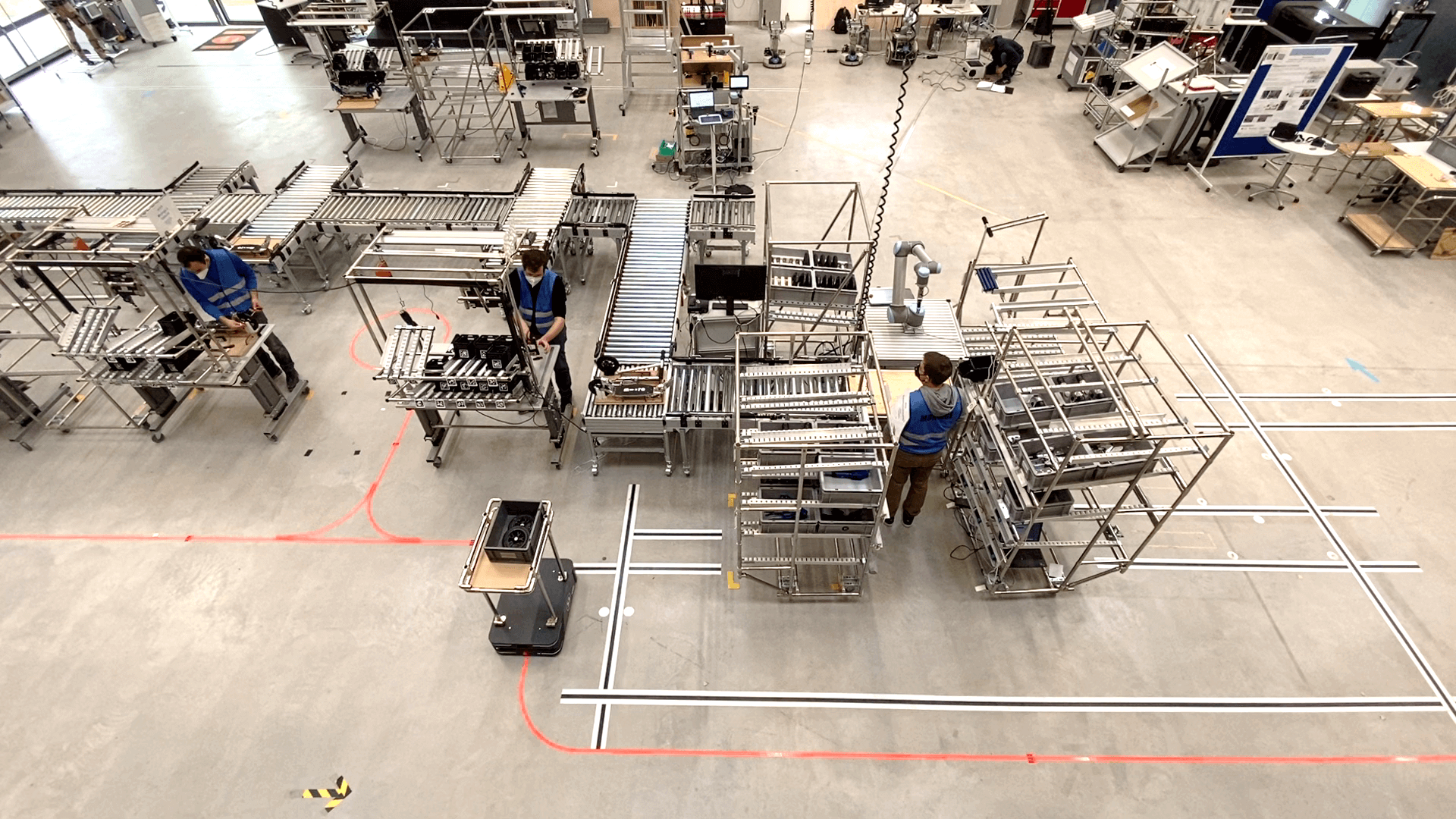
The ZAFH Intralogistik project was supported by the Institute for Business Organisation and Logistics (IBL) and the Service Robotics research group of Ulm University of Applied Sciences and Ulm University.
The focus of the Institute for Business Organisation and Logistics (IBL) at Ulm University of Applied Sciences is on the integration of IT systems, processes and organisation in order to realise lean business processes. Within ZAFH, one focus was on research into learning procedures for robot-based order picking.
The research group Service Robotics at Ulm University of Applied Sciences deals with methods, algorithms and software tools for the realisation of service robots and autonomous systems. This research has been intensified within ZAFH for the flexibilisation of industrial intralogistics through the flexible use of service robots.
The Institute for Databases and Information Systems (DBIS) at Ulm University has been conducting research in the areas of process and data-oriented information systems and current database management systems (process and data science) since 1990. The focus of the research is on the flexibility of process-oriented information systems along the life cycle (design, configuration, operation and optimisation). At ZAFH, among other things, process management software for flexible intralogistics was developed and tested for a wide range of application scenarios.
Your contact persons
![[Translate to English:] [Translate to English:]](/fileadmin/_processed_/b/8/csm_Echelmeyer_Wolfgang_2023_06_14_0c7c1aa0b7.jpg)
Logistics, Material Flow Design, Operations Research
The project was funded by the Ministry of Science, Research and Art Baden-Württemberg (MWK) and structural funds from the European Union (EFRE).
